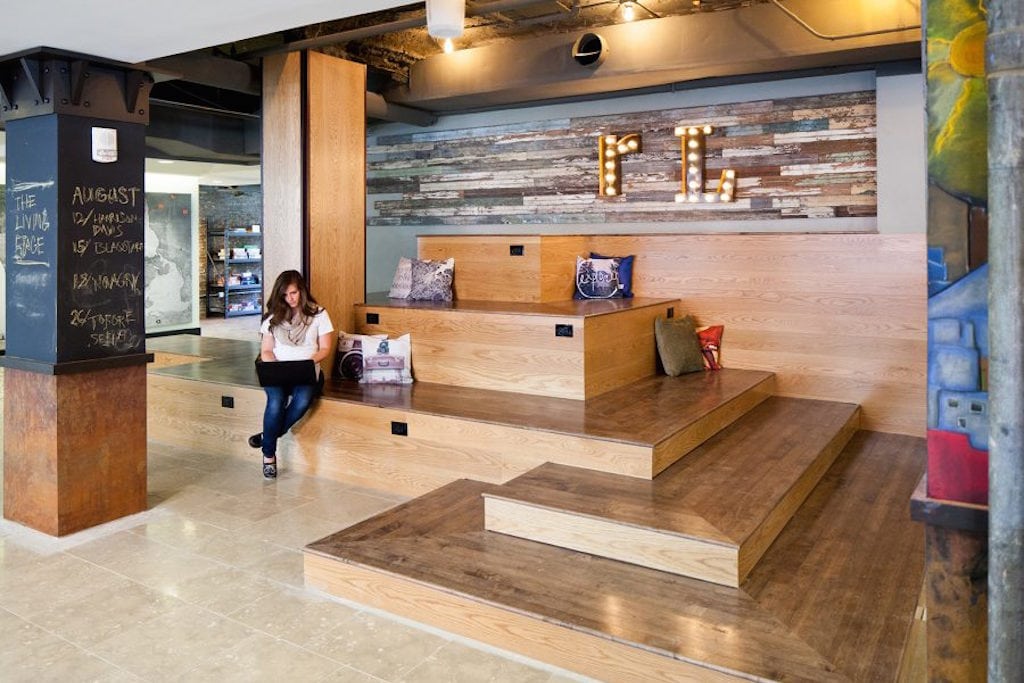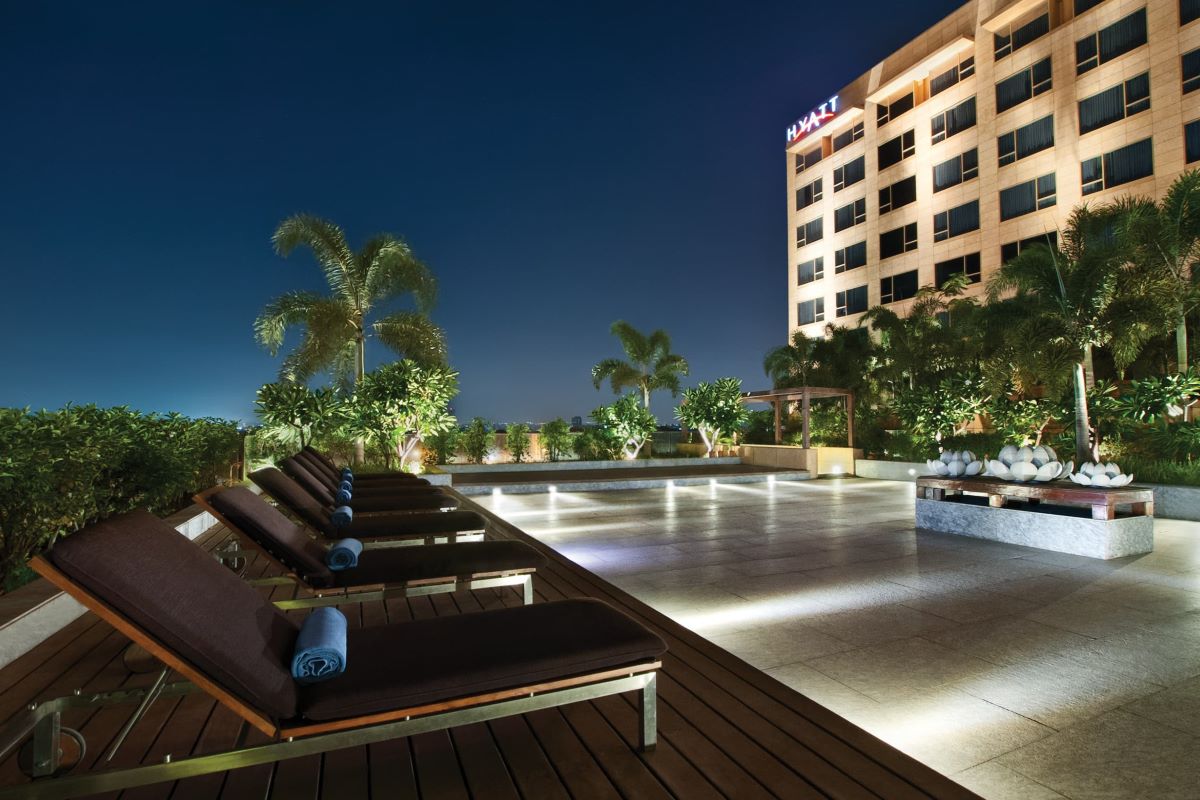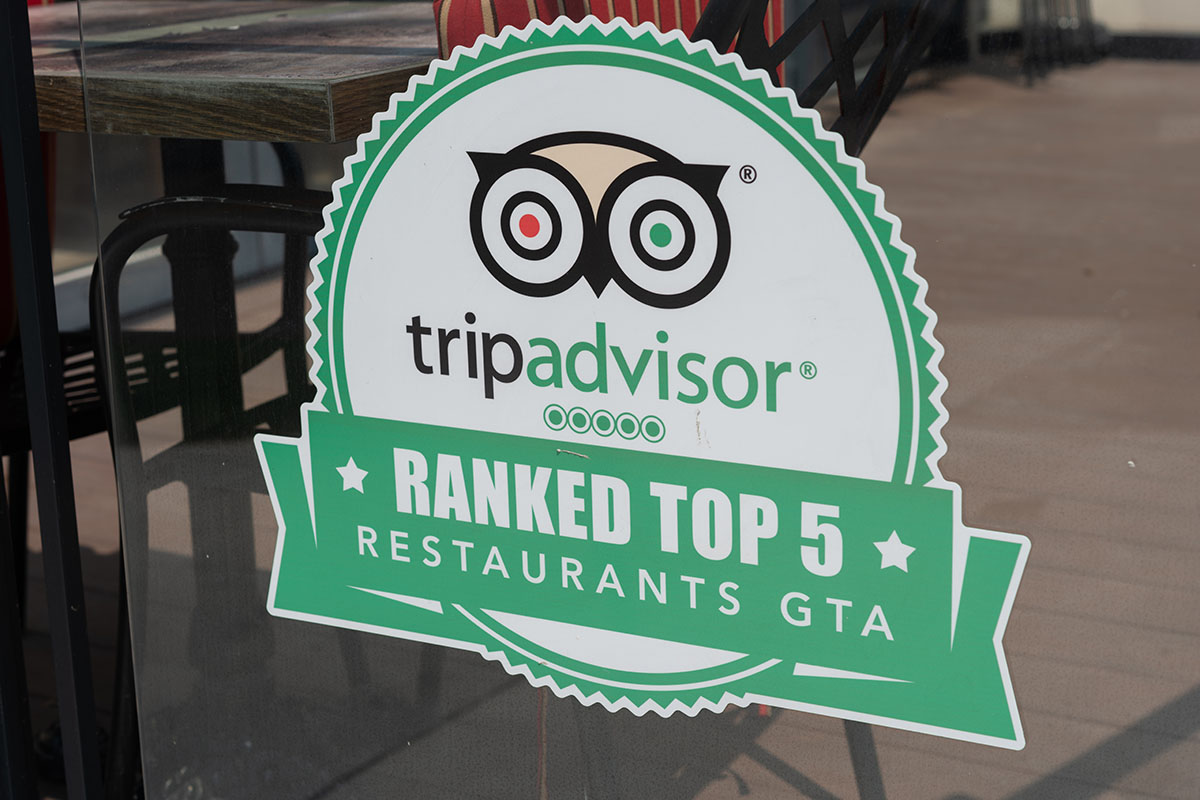Red Lion Hotels' Contrarian Approach to Direct Bookings

Skift Take
If you listened to just about any major hotel CEO during his first quarter earnings calls this year, the phrase "direct bookings" was bound to come up. The so-called "direct booking wars" as they've been referred to — this battle of epic proportions being played out among the hotels and the online travel agencies (the Expedias and Pricelines of the world) — are a hot topic in the hospitality world.
And nearly every major hotel CEO has the same strategy for winning that war: pushing more direct bookings to consumers with discounted rates for loyalty members. They reiterated that strategy at this week's NYU International Hospitality Industry Investment Conference, as well.
Marriott CEO Arne Sorenson told Skift, "Each company obviously has to make its own decision on this. To some extent, other hotel companies have similar channels in this space, so it's not surprising that other hotel companies are doing similar variations on this plan. I think we all want to make sure we have good direct relationships with our customers and cost-effective reservation strategies."
Hilton CEO Christopher Nassetta, speaking to a group of journalists at the conference, said, "Our attitude is really simple. We want to have, as much as we can, a direct relationship with our customers. We want to them to know they can have the best value and best experience and know that they get that from us."
InterContinental Hotels Group CEO Richard Solomons, added, "We've had direct booking for an awfully long time. The hotel industry has always had intermediaries. There's nothing new about it. We want relationships with our customers."
What is new about this? The fact that the big chains are starting to be as aggressive as Expedia and Booking.com in promoting those rates with multi-million-dollar campaigns and promotions, like Hilton's "Stop Clicking Around" campaign that launched in February.
Red Lion's Approach to Bookings
But there's at least one hotel company out there that has a different approach to the direct booking wars. Instead of choosing to wage a war on the OTAs with a direct bookings push, Spokane, Washington-based Red Lion Hotels Corporation, which has 124 hotels in the U.S. and Canada, is choosing to partner with the OTAs, and let them do the heavy lifting, so to speak.
"We take a little different approach," Red Lion CEO Greg Mount told Skift at the NYU conference. "We actually embrace the OTAs, and leverage their marketing and utilize them as a customer acquisition tool."
Mount says that a company of his size just doesn't have the scale or the massive marketing funds to wage a war on the OTAs.
"The reason why we took a different approach is that there's no way that we or any other hotel company is going to outspend the OTA channel from a marketing standpoint," Mount noted. "So you might as well leverage that marketing when it's advantageous to you and benefits you."
He said that even though it may be a higher-cost reservation, the opportunity for converting that customer into a loyal guest rises once they stay.
"I think if you look at it, and be realistic about it, unless you're Starwood, Hilton, or Marriott, your loyalty programs are really not really generating any real, meaningful demand," he said. "If you really peel it back and look at it—and we've had a lot of exposure with a lot of brands and a lot of systems — and when you set it all aside — if you're not one of those three, there's really not a significant demand being generated or a meaningful demand. And It's a very high cost."
Admittedly, however, if you go onto the Red Lion website, however, and try to book a hotel, you will see it "a best rate guarantee" for direct bookings, and a "Hello Rewards Rate" for loyalty members. Mount said, however, guests "can book thru an OTA and still get recognized by Red Lion's loyalty program," and said, "It's the only system that allows you to do that." Red Lion also isn't investing in any specific marketing campaigns to promote these loyalty member rates.
Red Lion Hotels' Brian Quinn, senior vice president and CFO, said that the company doesn't want to penalize guests who book through Expedia or Booking.com. "Travelers are also picking this channel," he said. "We have a little different approach just to be extremely respectful of the guest. That's the channel they chose to use to come in."
With this OTA-friendly strategy in mind, Red Lion also adopted a different kind of Hello Rewards loyalty program that's more targeted to delivering instant rewards, and tailored toward travelers who may travel only three to four times a year.
"We took a more retail approach, which is more surprise and delight," Mount said. "So, if you stayed with us last night we may send you a free iTunes song. Or we may send you an Amazon gift card or any number of things. So we're recognizing you immediately versus saying you gotta stay with us 10 times." Guests who stay seven times with Red Lion Hotels automatically receive a free night's stay.
So, instead of pushing guests to book direct from the outset, Red Lion's strategy is to build loyalty over time and to use the guest experience as leverage to eventually get them to book direct.
"To Greg's point, we want to slowly migrate [guests] to lower-cost channels and proprietary channels," Quinn said. "They [OTAs] would be a lot more successful if they weren't as aggressive with their fee structure, but we are going to keep that pipe open for our franchisees. It is our job to move them over."
Quinn's sentiment about winning the customer over was echoed recently by Modus Hotels CEO Aaron Katz, who oversees a portfolio of 11 lifestyle hotels in the Northeastern and Mid-Atlantic U.S. Katz recalled a time when he attended an Expedia conference and listened to Expedia CEO Dara Khosrowshahi speaking to hoteliers.
"He stood up there and said, 'You guys all criticize me for how much I charge you for guests to come to your hotel. I think you're looking at it wrong. Look at us as the cheapest source of referrals that you could imagine. If they come through me, you pay me once, and if they come back to me again and again, shame on you. You should make them a loyal customer.'"
Katz said he was struck by Khosrowshahi's message because "he's right." He added, "If we pay 20% to get a customer, that's not an expensive way to get a loyal member into your organization. You get that opportunity to turn that person into a loyal member of your organization."
Keeping an Eye on the Battle Between the Brands and the OTAs
Mount said Red Lion has seen success, so far, with its strategy, but didn't divulge any numbers. He did say, however, that he's watching the direct booking wars play out from the sidelines.
"I'm really kind of [interested in] understanding where the equity is going to fall between the larger brands and OTAs you know as they start to jockey for position and the brands," he said. "You have the larger brands continuing to try to discount themselves to take more of the share from the OTAs, from the share they currently have. The OTAs are trying to fire back on that with accelerating their marketing efforts to retain that share. It'll be interesting to see who wins."
And who does Mount think will eventually win? His answer may surprise you, given his own company's strategy.
"I think, at the end of the day, the brands will win," he said. "The question is, at what cost? What does a win really look like? For most of the big brands I would argue that their OTA business is probably 10% or less. It's not necessarily a big segment of that they do. And I think, ultimately, they have the leverage through pricing to probably win that."




